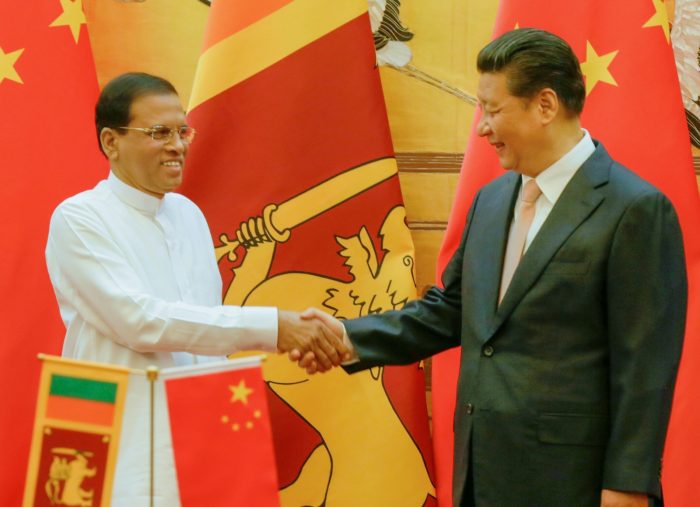“American citizens shouldn’t use products and services made by Chinese tech giants Huawei and ZTE” the heads of six US intelligence agencies warned. This happened during a Senate Intelligence Committee hearing on the 13th of February (last Tuesday). This group included the heads of the FBI, the CIA, the NSA, and the Director of National Intelligence.
However, despite the latest statement, these warnings are nothing new. The US government has long since treated the Chinese company with suspicion. A few noteworthy incidents are the Congress report in 2012 stating that “the two companies (Huawei and ZTE) should be viewed with suspicion” and the ban on US government contract bids for Huawei in 2014. The latest would be the last-minute dropout by AT&T to sell Huawei’s latest flagship phone, the Mate 10.

Huawei has long been labeled as another arm of the Chinese government. The US stoutly states security and intelligence reasons for not trusting foreign-made products, but the continued mistrust has irked more than a few people in Huawei management. This list includes its founder Ren Zhengfei. On Huawei’s official online forum were comments posted by him, saying falling down counts for nothing, they will get up and fight again, and “we will reach Mount Everest”.
Among other individuals, the most notable is Richard Yu, the CEO of Huawei’s consumer products division. In one of the most inspiring speeches at CES 2018, he addressed this issue saying “We are serving over 70 million people worldwide. We’ve proven our quality, we’ve proven our privacy and security protection.”

This is understandable considering Huawei’s global successes since its inception. They managed to surpass Apple last September to land the spot of the world’s second-biggest smartphone maker, behind Samsung. The mistrust and suspicion from the US government is despite these glory moments.
Huawei is continuing efforts to sell the Mate 10 Pro in the US, but the withdrawal from AT&T from their deal has made the company pursue desperate measures. These include strategies such as supposedly getting users to write fake reviews for the handset.
On the heels of these recent developments come the rumors that US lawmakers are considering a bill to ban government employees from using phones from Huawei and ZTE. A Huawei spokesperson has responded with the following statement:
Huawei is aware of a range of U.S. government activities seemingly aimed at inhibiting Huawei’s business in the U.S. market. Huawei is trusted by governments and customers in 170 countries worldwide and poses no greater cybersecurity risk than any ICT vendor, sharing as we do common global supply chains and production capabilities.
Should we be having second thoughts?
Currently, Sri Lanka and Huawei stand in a very friendly partnership regarding our country. In fact, most of our country’s telecommunications has been dominated by Huawei. Their two biggest competitors remain in the shadows behind them. Alcatel-Lucent, despite being a significant competitor a few years ago, has long since faded away.
Ericsson, the other company with a name in the market, remains active in the industry, however, their reach is not as wide and independent as before. For example, at the Dialog 4G launch held a while ago, representatives from both Ericsson and Huawei made an appearance. While Ericsson still holds its own, it’s clear that Huawei is the big boss in the market.
At present, the relations between the Chinese government and the Sri Lankan Government stand at a very questionable cliff. The situation is controversial at best, with the Hambantota port project being a primary example, to say the least. As such, companies like Huawei are commanding a lot of attention.
With regards to Huawei, on the one hand, from mobile phones to telecommunication infrastructure, it has dominated and developed the sector in a way that will leave the impact resonating through our country. However, with the multiple warnings, the US has put out recently, considering both sides of the coin becomes crucial.
Does Huawei, despite the help it has given our country, stand guilty of the accusations? Should we take the repeated warnings seriously? Is this the US simply discriminating against a Chinese company? Will it affect us, and how? Are we safe with Huawei?






GIPHY App Key not set. Please check settings